Health Equity Scholars
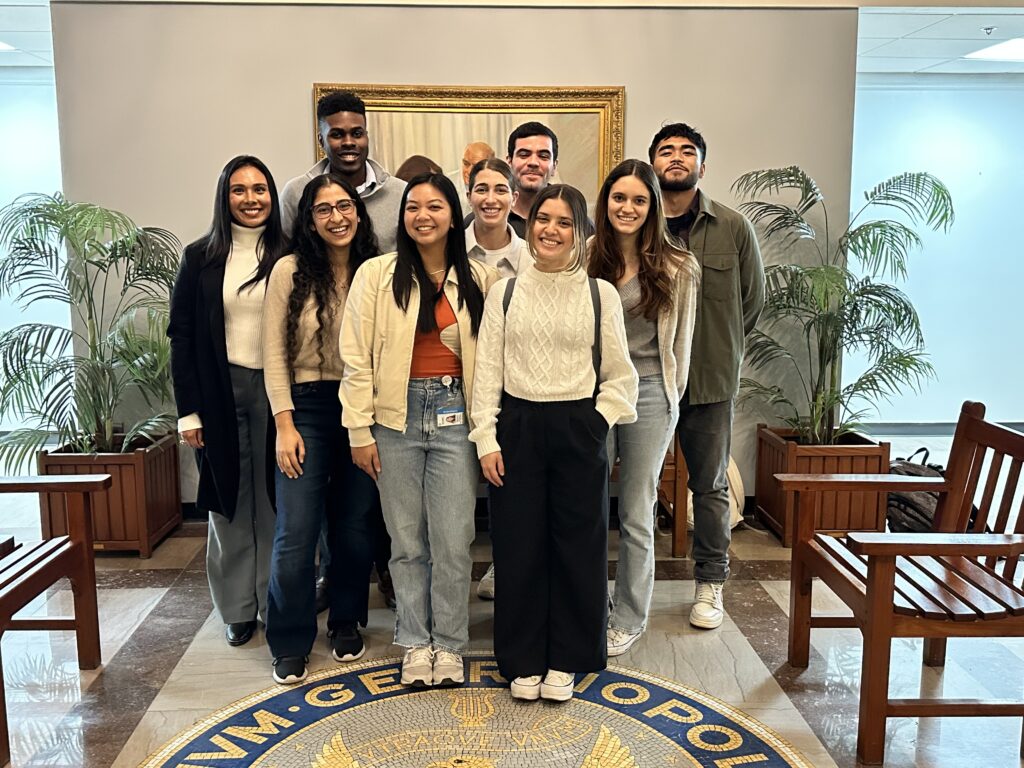
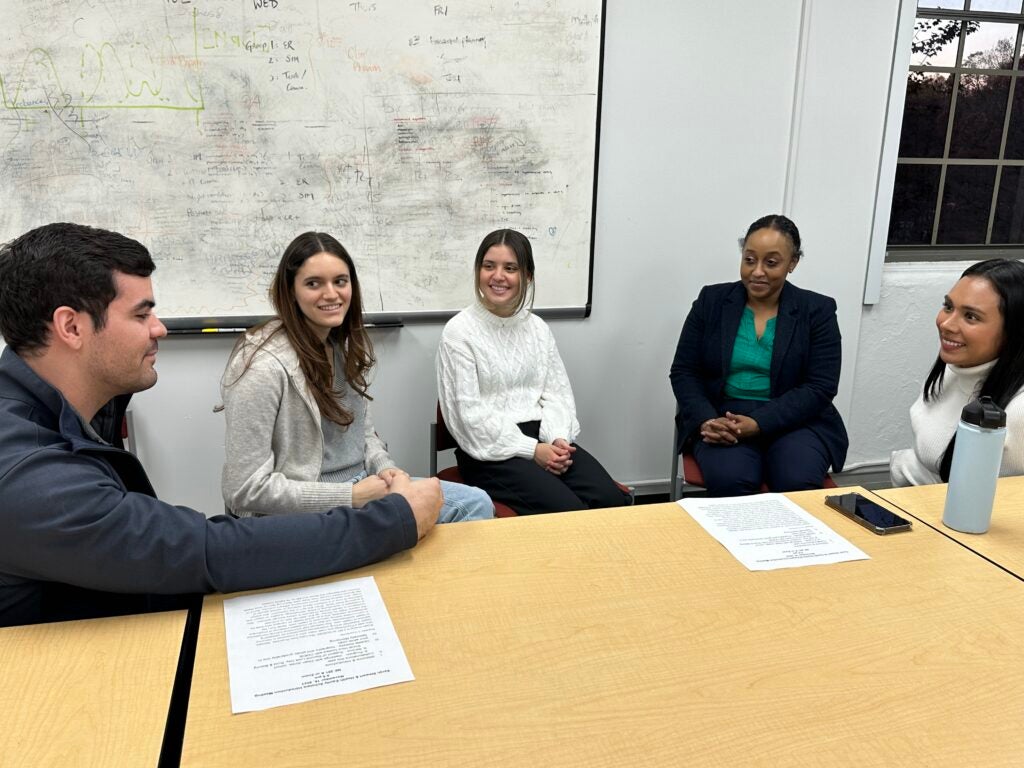
The Health Equity Scholars program supports current School of Medicine students committed to careers advancing health equity.
2023 Health Equity Scholars
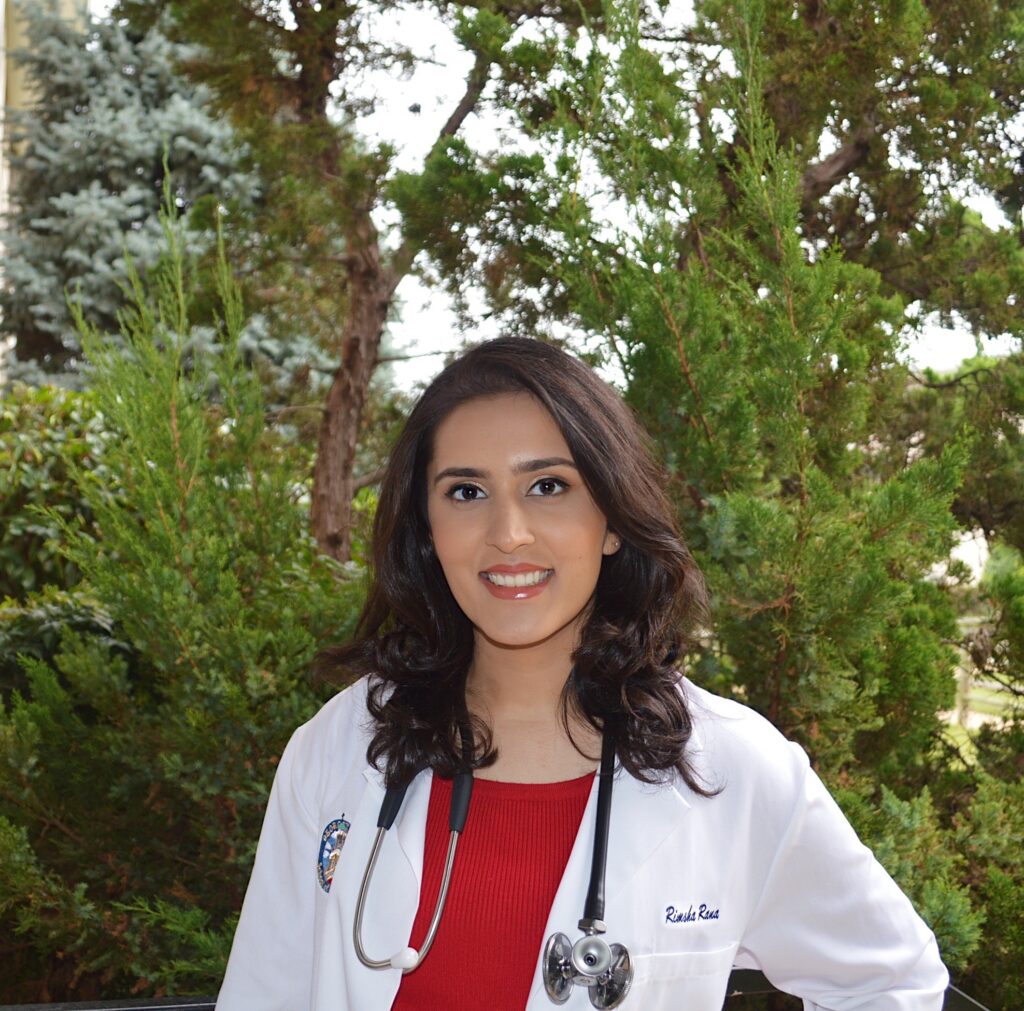
Rimsha Rana
Rimsha Rana grew up in Northern Virginia. She studied Chemistry at George Mason University for her undergraduate degree. She was one of the 2018 ARCHES Fellows at Georgetown, and is grateful she could return to Georgetown for Medical School. She enjoys spending time with her family, friends, cooking, and trying new foods. She was a first-generation college student and immigrant, these experiences shaped her outlook on life and desire to give back to her community. She enjoys mentoring other first-generation students and has successfully helped others matriculate to medical schools across the U.S. She is a part of the Health Justice Scholars Track at Georgetown. She is going into Internal Medicine, with the hope of entering Academics and helping other students advance their careers as well.
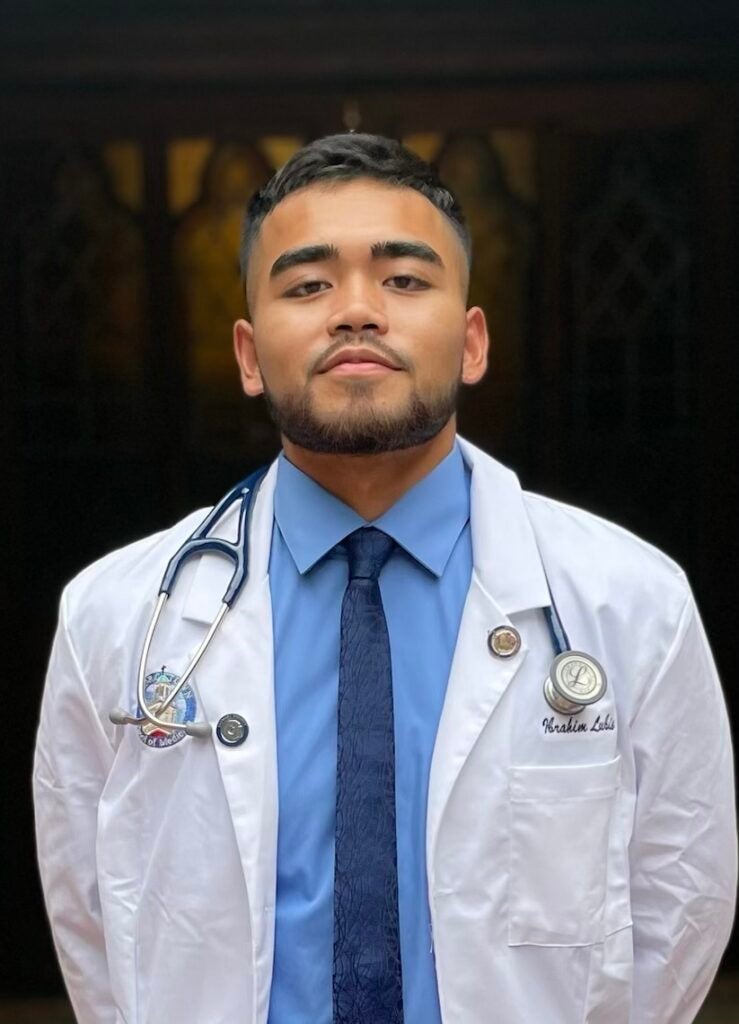
Ibrahim Lubis
I was born and raised in Grand Rapids, Michigan. As an Indonesian Muslim growing up in the early 2000s, Islamophobic harassment was not uncommon. I learned the importance of leaning on my community when facing adversity. I attended the University of Michigan, where I obtained a BS in neuroscience with a minor in sociology. In the classroom and as an EMT, I worked with patients who helped me realize the consequences of society’s disregard for their community. As a future physician, I believe understanding one’s community facilitates the fostering of relationships between patients and providers. By recognizing the integral role of communities in shaping health outcomes, we, as physicians, can develop more effective strategies for addressing health inequities.
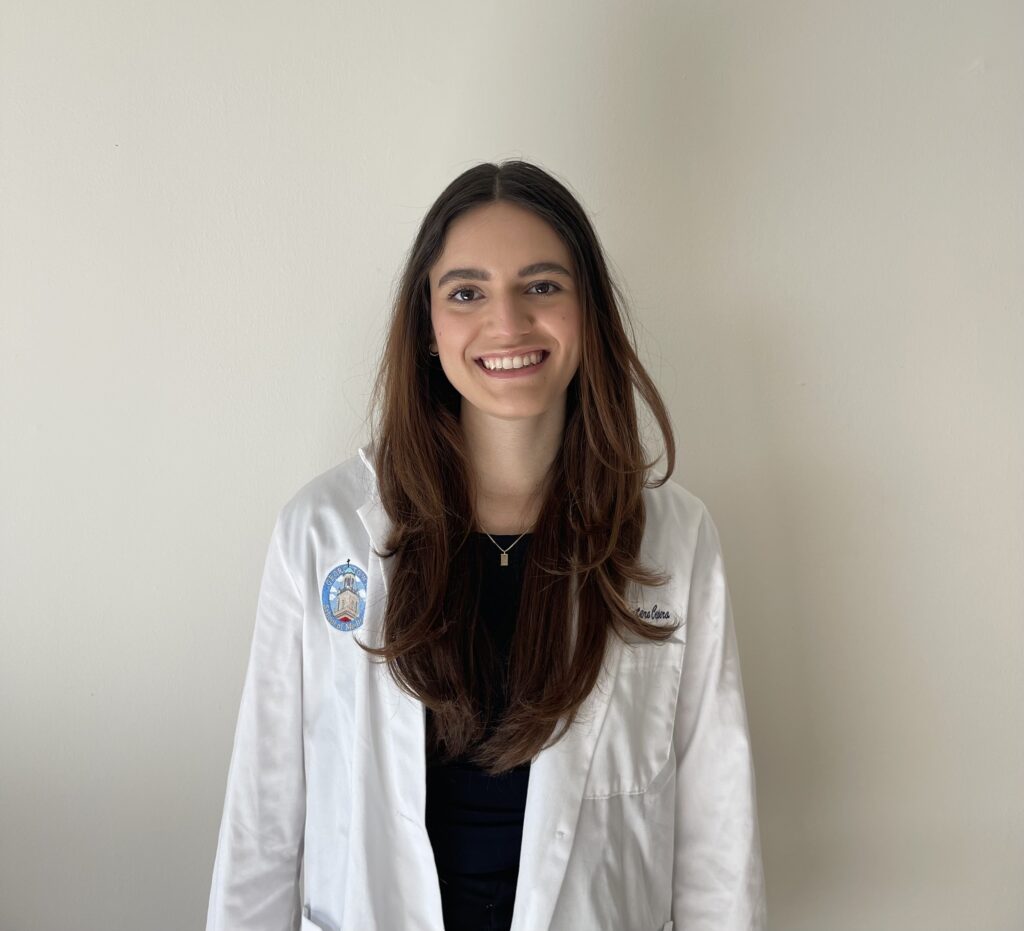
Tania Quintero
Tania Quintero was born in Havana, Cuba but lived in Mexico with her family. When she was 8 years old, she moved to Miami. Being both Cuban and Mexican has shaped her identity, as she learned to appreciate uniqueness in individuals. She was a Biology pre-med major with a double minor in Chemistry and Psychology. She is interested in advocating for immigrants in the field of medicine and promoting diversity in physicians. She hopes to use her skills as a fluent Spanish speaker to give back to her local community, and care for disadvantaged patients. In her free time, she enjoys spending time with friends and family, and occasionally doing some irresponsible shopping. She grew up with a strong Catholic background and chose to attend Georgetown due to a shared belief in “Cura Personalis.” She is confident that Georgetown will give her tools to become a leader and succeed in her goals as a physician.
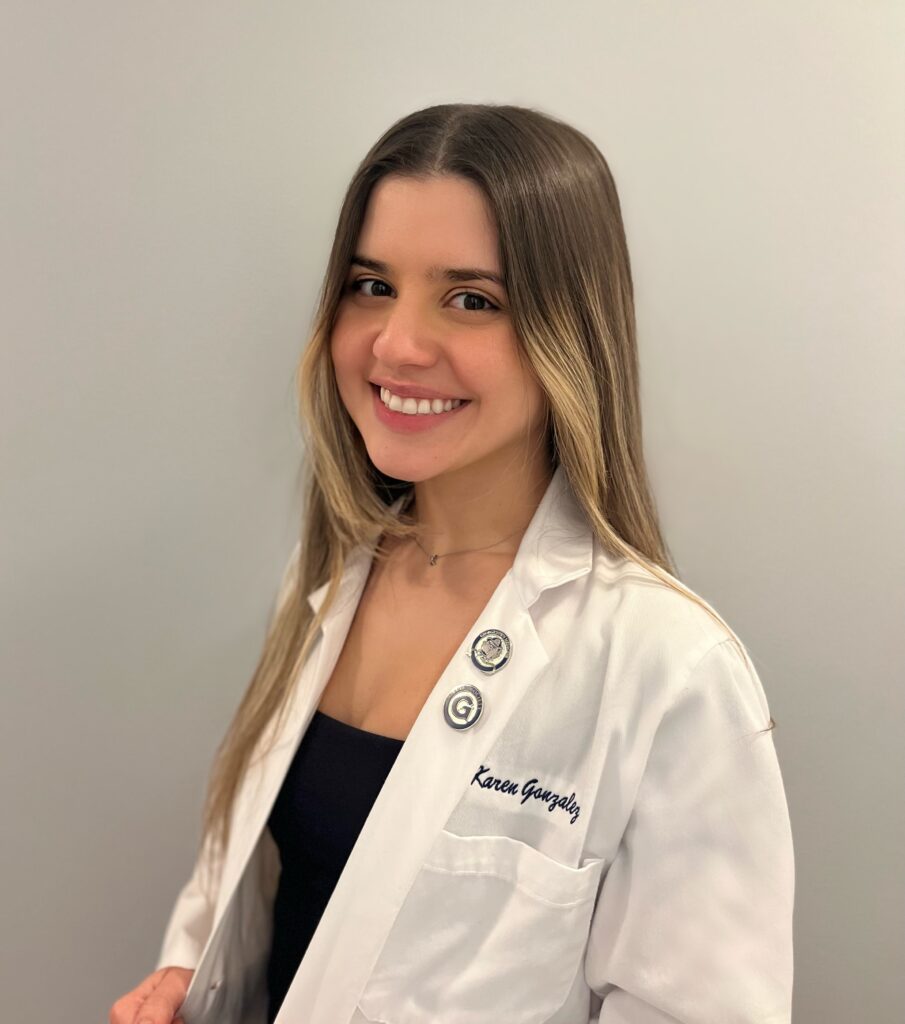
Karen Gonzalez
I was born and raised in South Florida to 2 Cuban parents. I graduated with a major in Health Science from the University of Florida in 2022. Throughout my undergraduate career, I dedicated a lot of my time to working with clinics that provide free services to underserved individuals within the community. Volunteering with these organizations helped me realize that helping the underserved is something I want to continue to prioritize as a physician. I want to be able to directly help these individuals by providing them with the compassionate, culturally-responsive, and high-quality care they deserve. I am currently interested in specializing in family medicine or pediatrics. Outside of school, I enjoy watching episodes of my favorite shows, which include Friends and New Girl. I also enjoy finding new recipes to cook for friends and family.
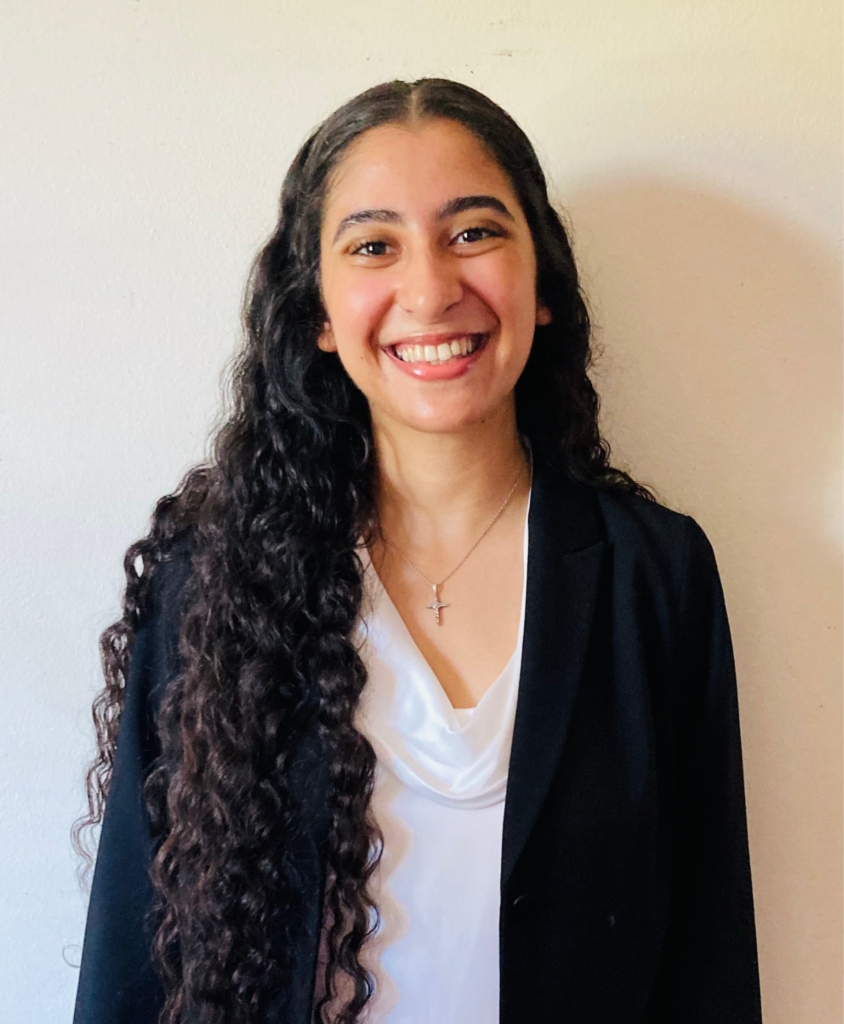
Febronya Hanna
I was born in Egypt, and moved to the United States when I was seven. My experiences as a first-generation student and my family’s experiences as immigrants in the healthcare system have generated my passion for mentorship and health equity. I am incredibly grateful to be an MS1 at GUSOM. I would not be where I am without the help of countless mentors, starting with Mrs. Haselwood, my second-grade teacher, who would stay after school every day to tutor me and help me strengthen my English. One of my biggest goals as a medical student, and ultimately as a physician, is to be a mentor to other students striving to join the medical community. We need more diversity of thought and experiences in medicine, and I would be honored to be part of that effort. As a part of GUSOM, I get the unique experience of learning about health inequalities and injustices in the healthcare system from various individuals such as GUSOM faculty, field experts, and community members who share their experiences as part of our intersessions. What I appreciate and get most excited about is the fact that we do not just listen to discussions regarding these issues but are provided with resources and actionable practices that we can start implementing as medical students to speak up against these injustices. Additionally, we get the opportunity to join tracks such as the Justice Health Scholar track. As a part of this track, we get to collaborate with legal and policy advocates to learn how to use law and policy as tools to improve individual health and wellbeing, transform the systems used to deliver healthcare, and advance health equity!
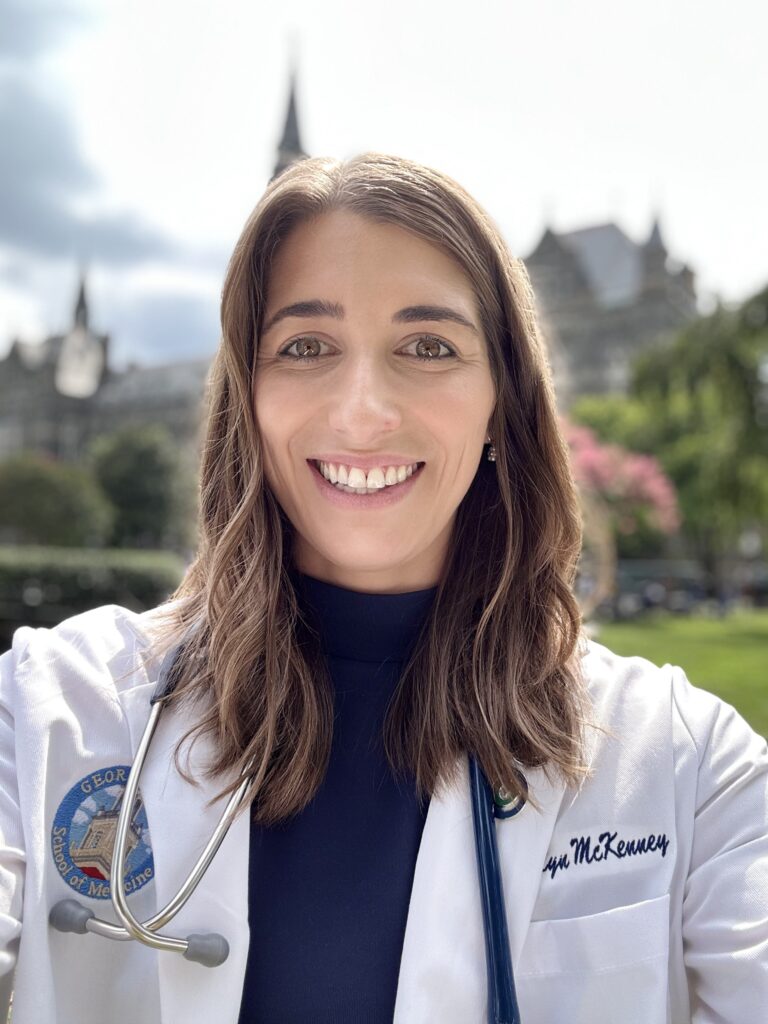
Jaclyn McKenney
I was born and raised in a small town in southern New Hampshire. While I had an interest in becoming a physician from an early age, my medical journey only began after a career change. I earned my bachelor’s degree in Hospitality Management from Pennsylvania State University and years later, I completed my master’s degree in Physiology and Biophysics from Georgetown University. Through my professional career, I witnessed the positive benefits of diversity, inclusion, and collaboration and when I returned to graduate school, I elected to work with the ODEI team to help select the next cohort of ARCHES Fellows. This rewarding experience placed inclusion and belonging at the forefront of my mind when I became an Instructor at Georgetown in the years following. Embracing the diversity of students in my classroom developed a new set of skills which I now bring with me as a medical student. I am very fortunate to have the opportunity to continue my education at Georgetown where I look forward to contributing my efforts to benefit the Center for Health Equity.
